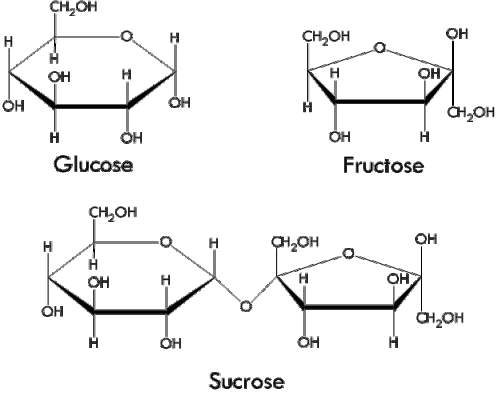Nash: what is your typical daily fat/carb/protein breakdown? My biggest challenge is trying to get up to my daily maintenance calories (including 500-2000 net neg. for exercise) without getting crazy ratios. I often hit 200g of lean protein which is %30 more than body weight. Much more than that and my digestive system stalks to balk. Fat often ends up around 45% (avocados, nuts, etc), which still leaves a lot of carbs. Most carbs come from fruit, lentils and oatmeal. A pint of berries may have 30g carbs but less than 100 calories, so I'm left almost having to eat some high-fiber whole grain bread.
I don't count calories, but if I had to guess, I'd be 40/30/30. IMO, you're taking in way too much protein, and if your ratios are correct, I'd recommend you increase your carb intake
if you're exercising strenuously. Sounds like you are based on 500-2000 calories burned.
I eat about 100g of protein per day, at ~150lbs. The most I've ever seen recommended even by Paleo advocates is 1g/lb of lean body mass. That means if you're 200lbs and 10% body fat, you should take in 180g of protein. That's still too much IMO, but certainly 30% over body weight is more than your body can process, and can actually be harmful to your kidney function.
Ideas for carb intake for an athlete: focus on fruit - I eat probably five or six servings per day coming from berries, cherries, apples, figs, and oranges mostly. You'll get plenty of fiber from the whole fruits. After training, take in simple sugars. I use 16oz OJ, 3 or 4 tbs of glucose/dextrose, a banana, and a few tbs of whey protein powder blended. About 500 calories, most from simple sugar, and it works. I only use that after hard intervals or long (>1 hr) moderate workouts. I don't add the glucose for shorter or easier workouts; I might just have a banana. I also snack on dried fruit like raisins and sweetened cranberries after workouts for their blood alkilinity response as well as simple sugar.
At dinner after my day's training is done, on hard or long days, I'll have half a yam or a little brown rice too. I've found this helps me bounce back well.
When I was doing a lot of CrossFit and training for endurance events, I didn't recover well because my carb intake was too low. Bottom line: your body needs sugar if you're training hard. Just make sure you get it from the right places.
I'm no teetotaler: I have bread or pasta once a week, but it's not a regular part of my diet.
Do a little bit of reading on Glycemic Load. I think it's more useful than Glycemic Index because it takes into account the calories in whatever you're eating along with the insulin response. You'll see things like refined carbs have very high GL, but berries, yams, etc. are much lower. Focus on low GL most of the time. After training, eat whole foods with higher GL to aid recovery.

